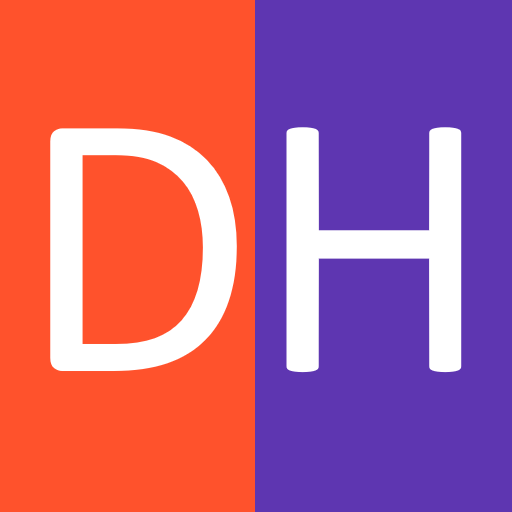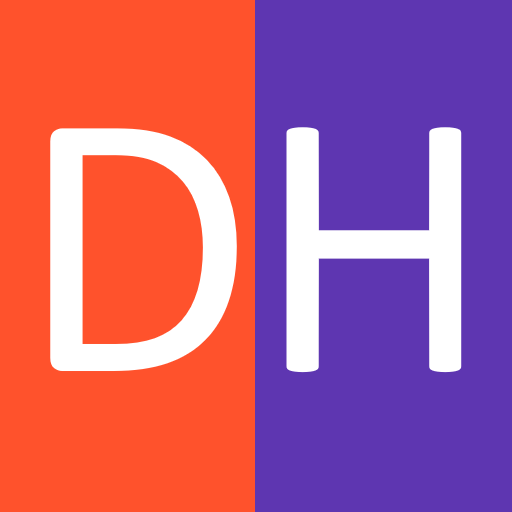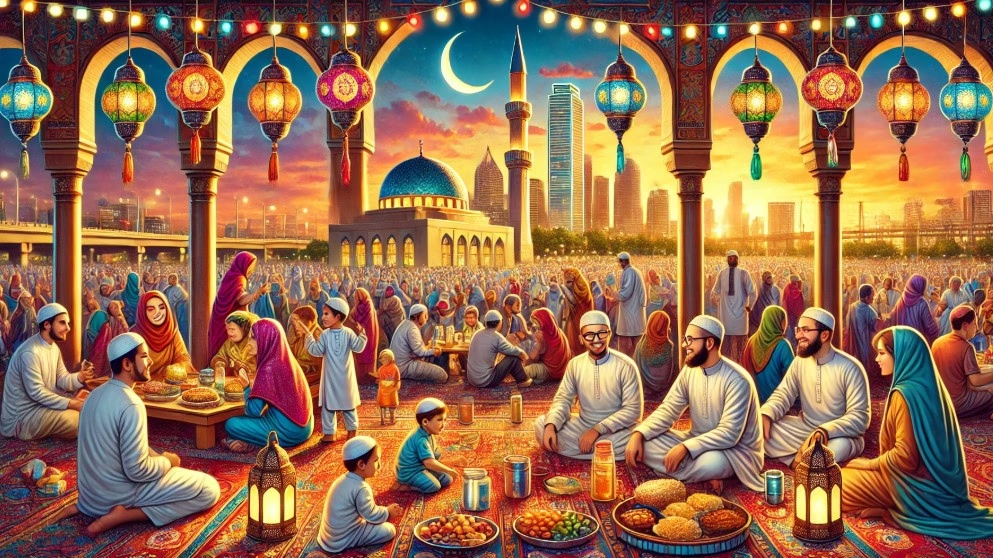Ramadan in the Dallas-Fort Worth (DFW) metroplex is a spiritually uplifting and community-centered month. It reflects Islamic traditions while also highlighting local customs influenced by the area’s diversity. From nightly prayers to community iftars, the DFW Ramadan experience is both unique and deeply enriching. Let’s explore how Ramadan is celebrated here and what sets it apart.
1. Community Iftars and Mosque Gatherings
To start, community iftars are one of the most cherished Ramadan traditions in DFW. These events bring people together and foster unity among Muslims.
- Collective Iftars: Many mosques, like the East Plano Islamic Center (EPIC), host nightly iftars. Families and individuals gather to break their fast in a welcoming environment.
- Cultural Diversity: DFW’s Muslim population is incredibly diverse. For example, the DFW Sudanese Community hosts annual iftars featuring traditional Sudanese dishes and customs.
Why It’s Special: These gatherings create a sense of togetherness while showcasing the cultural richness of the local Muslim community.
2. Interfaith and Civic Engagement
Ramadan in DFW also emphasizes interfaith understanding and civic relationships.
- North Texas Iftar Celebration: Organizations like CAIR-DFW and the North Texas Islamic Council (NTIC) host this event. It brings together city officials, community leaders, and residents from different faiths.
- Promoting Unity: Shared iftar meals help break barriers, strengthen relationships, and foster mutual respect.
Why It’s Unique: These interfaith events highlight the active role of DFW’s Muslim community in promoting understanding and inclusivity.
3. Unique Night Markets and Suhoor Festivals
Another exciting feature of Ramadan in DFW is the vibrant night markets and suhoor festivals.
- Texas Suhoor Fest: This event, held at the University of Texas at Dallas, is a popular Ramadan tradition. It features halal food vendors and creates a lively atmosphere for the pre-dawn suhoor meal.
- Cultural Celebration: These events blend spiritual preparation with cultural activities, offering delicious cuisines and social interaction.
Why It Stands Out: Festivals like this are unique to DFW, attracting Muslims from across the metroplex for a memorable experience.
4. Halal Dining and Business Support
Ramadan is also a time when local halal businesses play a significant role in enhancing the community experience.
- Extended Hours: Many halal restaurants, such as Afrah Mediterranean Restaurant in Richardson, stay open late for iftar and suhoor diners.
- Halal Food Trucks: Events like the DFW Halal Food Fest showcase diverse dining options, enriching the Ramadan experience.
Why It’s Notable: These businesses help create a vibrant and supportive ecosystem for the Muslim community during Ramadan.
5. Charity and Zakat Initiatives
Charity is a cornerstone of Ramadan, and the DFW Muslim community goes above and beyond to support those in need.
- Zakat Drives: Mosques such as the Islamic Association of North Texas (IANT) and EPIC organize food, clothing, and financial aid drives.
- Year-Round Support: Nonprofits like Ma’ruf Dallas ramp up their efforts during Ramadan to assist refugees, low-income families, and the homeless.
Why It Matters: These initiatives reflect the community’s commitment to generosity and social responsibility.
6. Spiritual Programs and Taraweeh Prayers
The spiritual essence of Ramadan is deeply felt through nightly prayers and Quran-focused activities.
- Special Taraweeh Services: Mosques like the Islamic Center of Frisco host nightly prayers, accompanied by Quran recitations and lectures.
- Quran Competitions: Some mosques, including IANT, organize Quran competitions for children and adults to encourage spiritual growth.
Why It’s Meaningful: These programs provide an opportunity for Muslims to deepen their connection to their faith.
7. Adaptations for the Texas Climate
Ramadan in Texas requires unique adjustments due to the warm weather.
- Fasting in the Heat: Many Muslims prioritize hydration and plan outdoor activities during cooler parts of the day.
- Community Solutions: Mosques and event organizers often provide shaded areas and hydration stations to ensure comfort during gatherings.
Why It’s Important: These adjustments help Muslims navigate Ramadan while dealing with the challenges of Texas’ climate.
What Makes Ramadan in DFW Unique?
Ramadan in DFW stands out in several ways:
- Diversity of Traditions: The multicultural Muslim population brings a vibrant mix of cuisines, customs, and practices.
- Extensive Resources: With over 30,000 Muslims and numerous Islamic centers, DFW offers large-scale iftars, charity drives, and spiritual programs.
- Interfaith Engagement: Events like the North Texas Iftar Celebration showcase the Muslim community’s proactive efforts to connect with non-Muslim neighbors and leaders.
Share Your Ramadan Story
Have you participated in Ramadan events in DFW? Do you have a favorite iftar or suhoor memory? Share your experiences in the comments below! Your stories and feedback help us highlight the best of Ramadan in DFW and inspire others to get involved.


